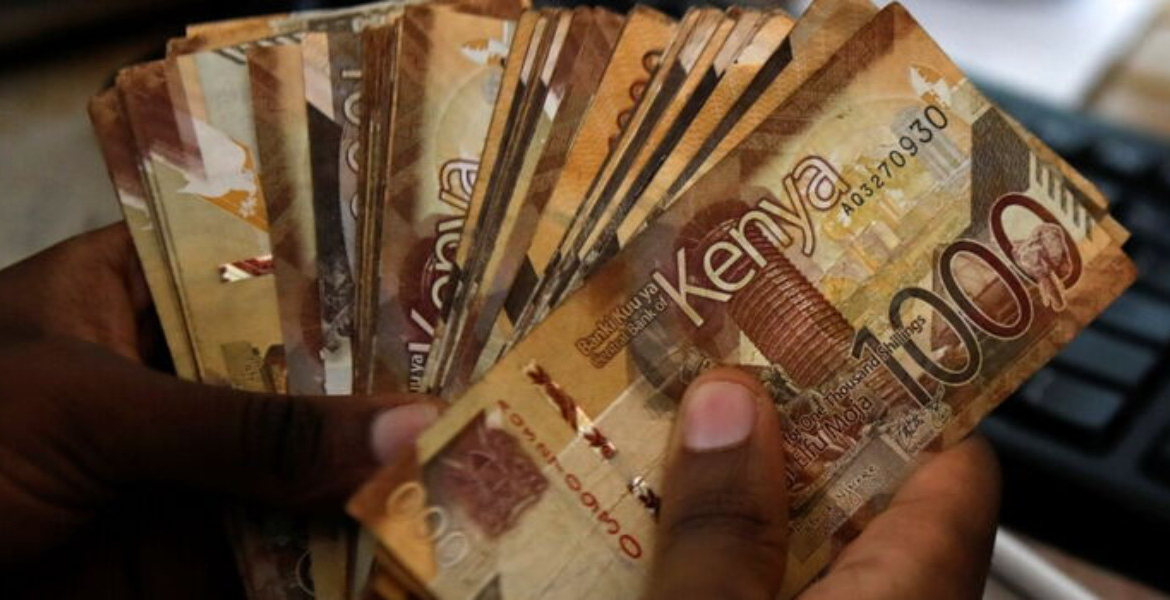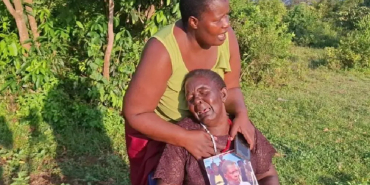Kenya Rolls Out Nationwide Survey to Track Use and Cost of Diaspora Remittances

The Kenyan government has launched its inaugural Remittances Household Survey (RHS) in a bid to comprehensively understand the economic and social impact of remittances from its diaspora.
The survey, announced in the Kenya Gazette on 29 July 2025, will run throughout September. The initiative, spearheaded by the Kenya National Bureau of Statistics (KNBS) in partnership with the Central Bank of Kenya (CBK) and Financial Sector Deepening Kenya (FSD Kenya), aims to provide granular data to inform inclusive policy development.
With remittances now surpassing traditional sectors such as tourism and agriculture as Kenya's primary source of foreign exchange, this survey marks a critical step in understanding the nuances of this economic lifeline at the household level. The RHS will target households across the country that either send or receive financial or in-kind support from abroad.
KNBS officials confirm that the survey will gather both quantitative and qualitative data on the inflow and outflow of funds, documenting the amounts transferred, frequency of transactions, and the channels used, which include mobile money, formal banking systems, and informal networks. Beyond the mechanics of remittance flows, the survey will investigate the costs and barriers associated with sending and receiving funds.
Transaction fees, time delays, and regulatory challenges are being assessed to identify inefficiencies and inform reforms aimed at making remittance services more affordable and accessible. The survey's focus extends to the lived experiences of households reliant on remittances. Field officers will document how these funds are utilised—for education, healthcare, food, rent, or investment—and explore the social and emotional pressures that often accompany remittance expectations.
According to a spokesperson from FSD Kenya, "This survey is not just about numbers; it is about understanding how families survive, plan, and thrive with support from loved ones abroad."
Trained personnel carrying official identification will interview selected households across all regions. Participation is restricted to those who regularly engage in remittance activity, and all data collected will remain confidential under the Statistics Act, CAP 112. KNBS has assured the public that the information will be used solely for statistical purposes, with findings published in aggregated form on the websites of KNBS, CBK, and FSD Kenya.
The implications of the RHS extend beyond Kenya’s borders. The data will contribute to the nation’s reporting on international frameworks such as the Sustainable Development Goals (SDGs), particularly Goal 10, which advocates for reducing the cost of remittances and promoting safe, regular migration. This alignment of domestic research with global commitments positions Kenya as a leader in evidence-based diaspora engagement.








Add new comment